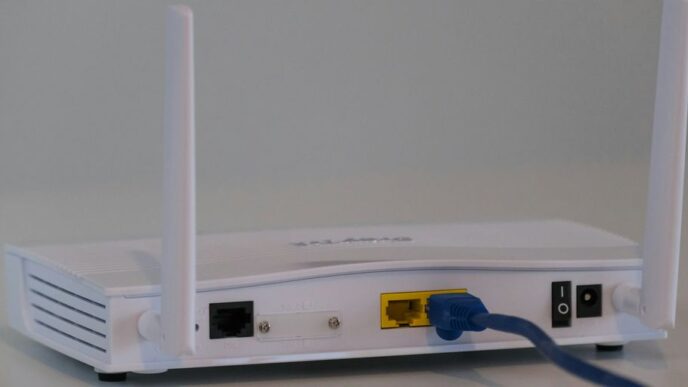Visiting the dentist can be a source of fear and anxiety for many people. The sounds of the drill, the clinical environment, and the anticipation of discomfort can all contribute to this apprehension. However, dental check-ups are crucial for maintaining good oral health. Overcoming dental anxiety can transform the way you approach your oral care. Here are six effective techniques that can help you to manage and even conquer your fear of the dentist’s chair.
1. Cognitive Behavioral Therapy (CBT)
Understanding the Source of Fear
For some, dental anxiety has a well-defined origin, such as a past traumatic dental experience. CBT helps patients identify and address these underlying causes. By talking through fears with a trained therapist, patients can reframe their thoughts and reactions, leading to a calmer dental experience.
Desensitization Techniques
Desensitization is a core tenet of CBT. Patients create a hierarchy of anxiety-provoking scenarios, such as hearing the drill, and work their way up to overcoming these step by step, learning to manage their anxiety effectively.
2. Mindfulness and Relaxation Techniques
Deep Breathing Exercises
Breathing exercises are a simple and effective way to reduce anxiety. By practicing deep, slow breathing before and during your dentist visit, you can lower your heart rate and induce a state of relaxation that helps manage stress.
Guided Imagery
Visualization can be a powerful tool when used before and during dental procedures. By picturing a calm and pleasant scenario, such as a day at the beach, you can distract your mind from the immediate environment and alleviate fear.
3. Dentist-Patient Communication
Open Dialogue with Your Dentist
Clear communication with your dentist is key. Be open about your anxiety and any specific triggers. A dentist who is aware of your fears can adjust their approach, provide frequent updates during treatment, and offer breaks as needed, which can significantly reduce stress.
Pre-Appointment Consultation
Sometimes, a brief meeting with your dentist outside of the examination room can do wonders. It gives you a chance to ask questions, voice concerns, and establish a familiar rapport, which can make the day of your appointment less intimidating.
4. Sedation Dentistry
Different Levels of Sedation
Sedation dentistry offers various levels of sedation, from minimal (laughing gas) to deep sedation (administered intravenously). It allows anxious patients to relax or even sleep through procedures. Discuss with your dentist which type of sedation is right for you.
Benefits of Sedation
The use of sedation can erase the memory of the dental procedure, making future visits less daunting. It also allows more work to be done in a single visit, reducing the number of appointments needed, which can be a big relief for those with busy schedules.
5. The Buddy System
Bringing a Supportive Friend or Family Member
Having a trusted friend or family member accompany you to the dentist can provide a significant emotional buffer. Their presence alone can offer comfort and reassurance. Plus, they can offer invaluable support before, during, and after the procedure.
Professional Health Advocate
Some anxiety might stem from dealing with the healthcare system itself. Consider hiring a professional health advocate who can help manage your dental care, from assisting with appointment scheduling to providing support and information during visits.
6. Educational Approaches
Empowerment through Knowledge
Understanding the procedures you are undergoing can demystify the experience. Ask your dentist for detailed information about what to expect, from the tools being used to the sensations you’ll feel. The more informed you are, the more in control you can feel.
Online Resources and Support Groups
There is a wealth of information online about dental procedures and dealing with dental anxiety. Joining a support group or forum can connect you with others who share similar fears and coping strategies. It can be a relief to know you’re not alone and to exchange practical tips.
By adopting these techniques, you can begin to face your dental phobia head-on and move towards a future of manageable dental visits. Remember, overcoming anxiety is a process that takes time and patience, but with the right support and mindset, it is entirely achievable.













